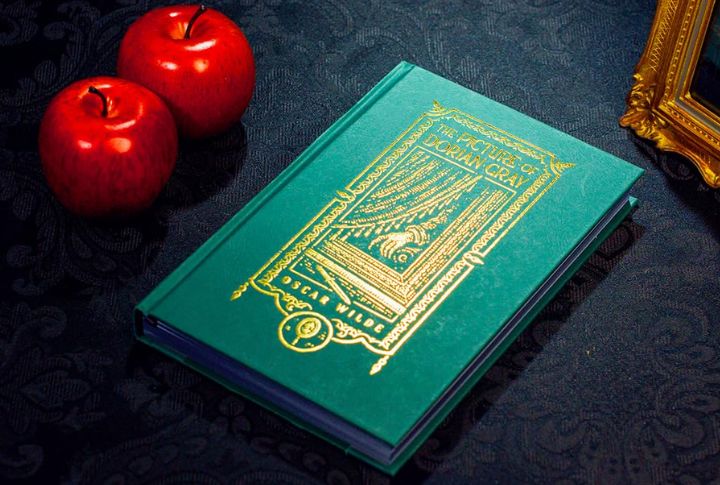
Some fiction doesn’t fade—it stays with you, reshaping how you see the world. These 20 novels explore power, perception, and identity with a depth that sparks reflection and stays in your soul long after the final page.
1984 by George Orwell
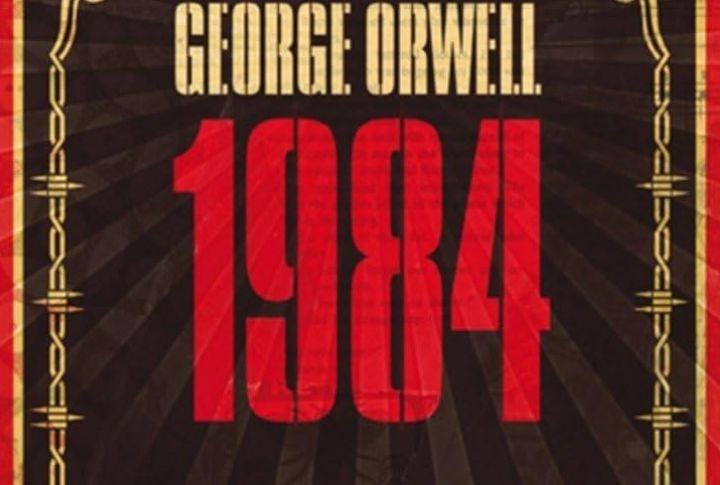
Orwell’s world of telescreens and Newspeak examines dissent. Through Winston Smith’s quiet unraveling, the novel sketches how domination can live inside language and reshape the very boundaries of the self.
Brave New World by Aldous Huxley
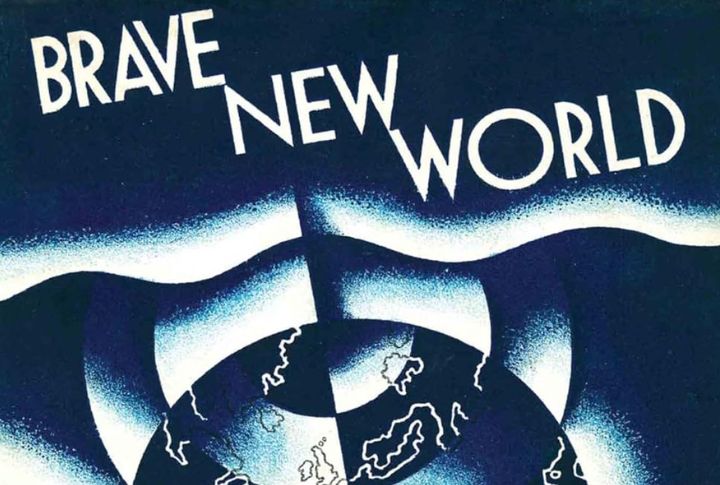
Every pleasure is assigned and every grief is numbed. Huxley’s vision replaces repression with entertainment, engineering a society that willingly trades freedom for stability. The horror lies in how easily joy becomes a leash—and how painless dystopia can be when it flatters our desires.
Crime and Punishment by Fyodor Dostoevsky
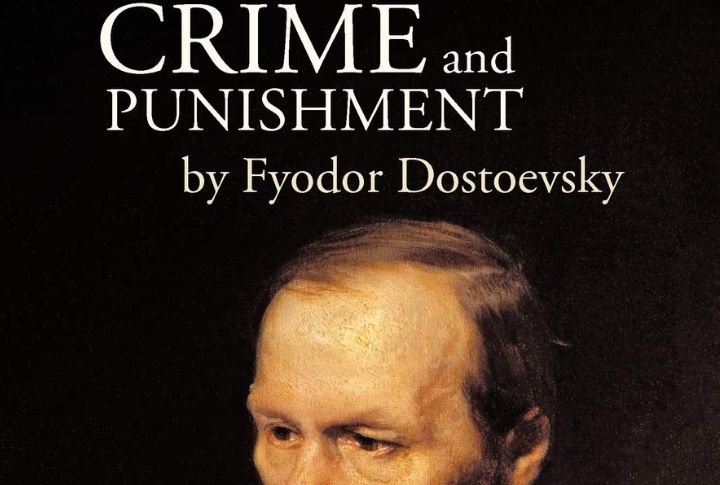
Raskolnikov doesn’t just murder; he fractures. The novel follows his spiral into isolation and an existential reckoning that defies courtroom justice. Dostoevsky examines conscience like a wound that won’t close, forcing readers to sit with ambiguity and moral rot.
The Brothers Karamazov by Fyodor Dostoevsky
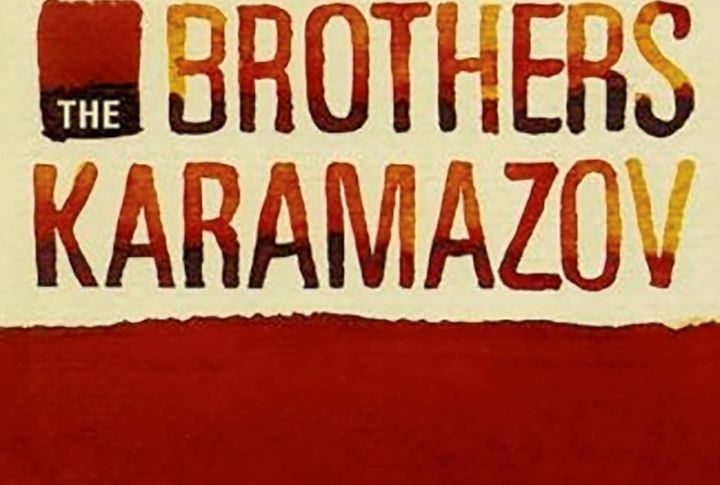
Faith, doubt, greed, and mercy all bleed through the Karamazov family. Dostoevsky uses their volatile bonds to probe divine justice and human contradiction. The “Grand Inquisitor” parable still stirs debate, but it’s the novel’s raw emotional collisions that make its philosophical weight unforgettable.
The Handmaid’s Tale by Margaret Atwood
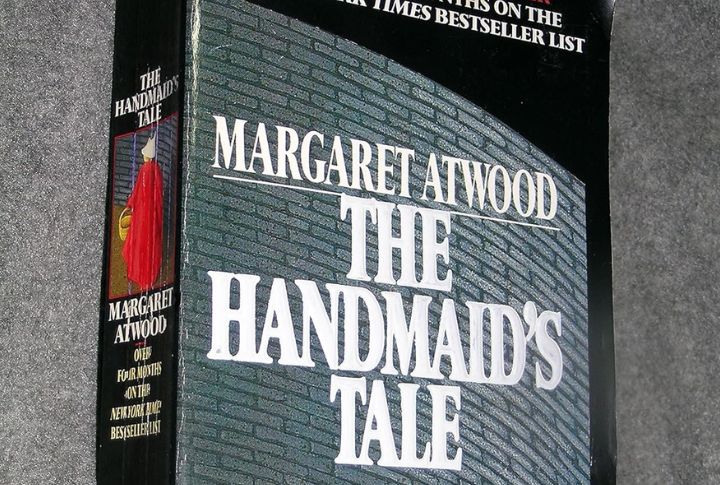
Atwood paints a future that feels uneasily familiar: fertility becomes property and memory becomes defiance. Offred’s narration blends numbness with flickers of rebellion, capturing how power seeps into bodies and relationships. Gilead’s horror lies in its plausibility—its rules echo across history, not just fiction.
We by Yevgeny Zamyatin
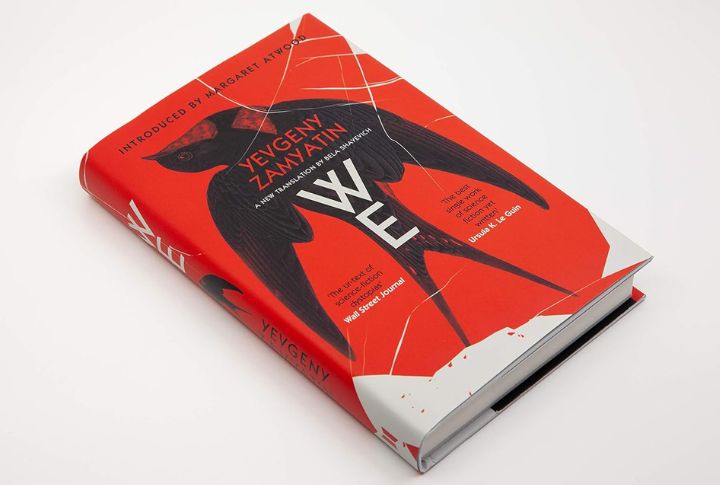
Before Orwell, there was Zamyatin. In OneState, walls are glass and names are numbers. D-503’s loyalty fractures when love introduces chaos. The novel’s precision—mathematical and poetic—cuts through to the core question: how much of ourselves are we willing to trade for perfect order?
Parable of the Sower by Octavia E. Butler
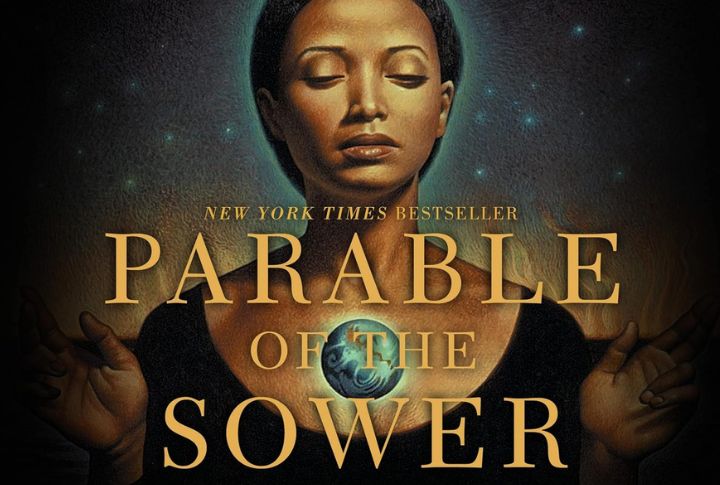
Butler grounds the apocalypse in detail: rotting institutions, privatized safety, and wildfires crawling up the California coast. Lauren Olamina’s new belief system, Earthseed, grows out of necessity, not dogma. In her work, Butler gives us a protagonist who resists through vision, even when everything around her burns.
The Dispossessed by Ursula K. Le Guin
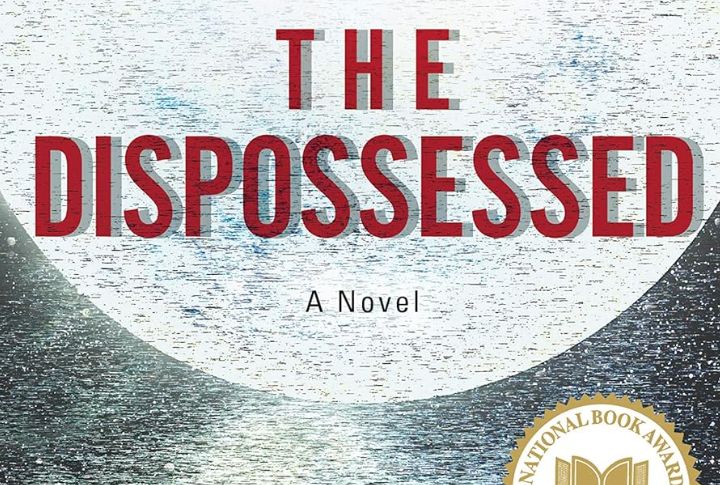
Two worlds orbit each other: one free, the other rich. Physicist Shevek moves between them, revealing how both suffocate in different ways. Le Guin’s speculative clarity strips ideology down to daily life, asking whether idealism can survive the gravity of compromise.
The Road by Cormac McCarthy
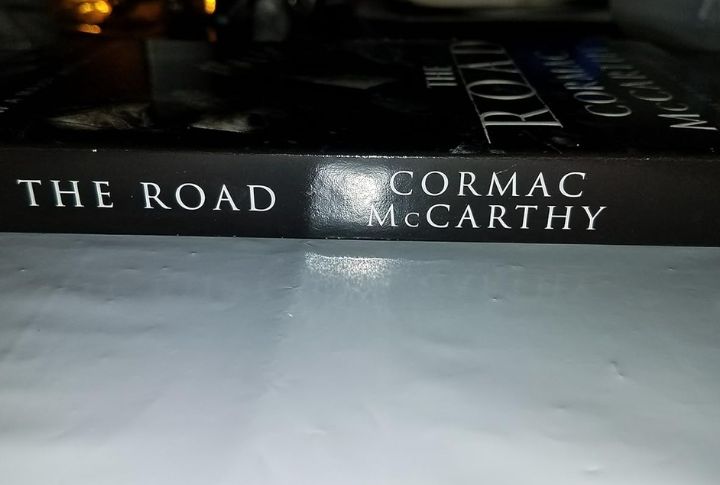
What remains after civilization folds? A father and son trudge through ash, carrying their shared humanity like a fading flame. McCarthy’s prose is skeletal, with dialog stripped to the bone. In that starkness, love becomes a final defense against ruin.
Darkness at Noon by Arthur Koestler
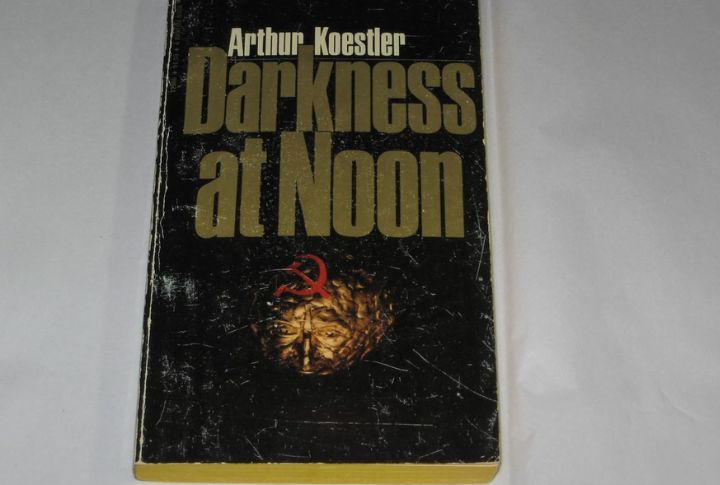
Rubashov isn’t innocent—just expendable. As he’s interrogated by the revolution he once served, ideology curdles into logic games and forced confessions. Koestler unspools how power eats its own and how language itself can be bent to make truth indistinguishable from betrayal.
The Picture of Dorian Gray by Oscar Wilde

Wilde cloaks moral decay in velvet and wit. Dorian’s portrait rots while his face remains pristine, each cruelty masked by charm. This isn’t just about beauty. It’s about denial and what happens when we polish the surface until nothing true remains beneath.
Nausea by Jean-Paul Sartre
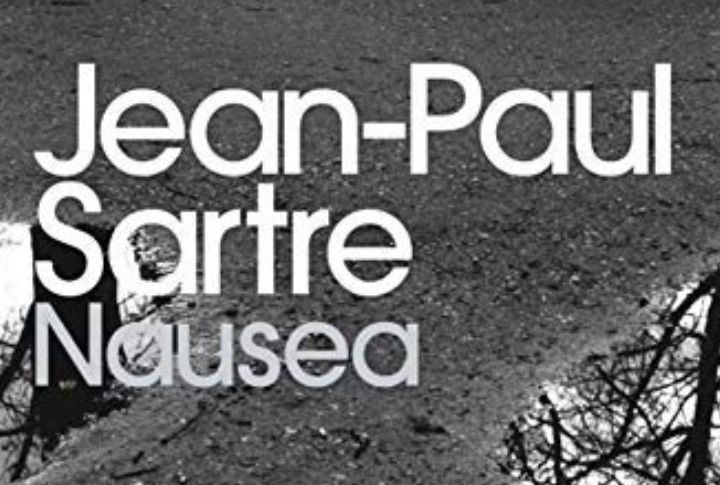
Antoine roams cafes and parks, disoriented by the weight of being. Ordinary objects revolt in his presence. Sartre’s existential fiction doesn’t seek comfort. It dismantles and strips identity to its raw edges, suggesting that freedom, unmoored from structure, is both dizzying and unasked for.
Thus Spoke Zarathustra by Friedrich Nietzsche
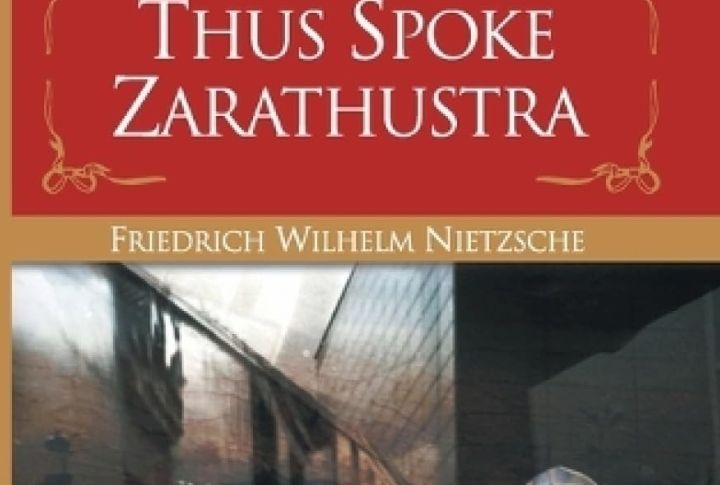
With metaphors that thunder and aphorisms that resist easy summary, Nietzsche’s Zarathustra speaks like a prophet and questions like a rebel. The Übermensch, eternal recurrence, and the death of God aren’t lessons—they’re provocations. The reader must wrestle meaning out for themselves or be left behind.
The Castle by Franz Kafka
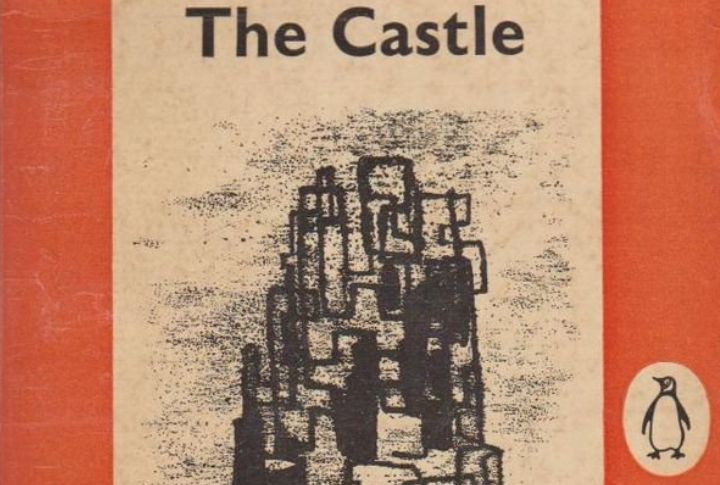
K. arrives with a task he can’t complete and into a village that won’t explain itself. Bureaucracy blurs into dream logic, where progress feels like sinking. Kafka’s world doesn’t punish, it disorients. Alienation here isn’t a theme; it’s the texture of every waking moment.
House of Leaves by Mark Z. Danielewski
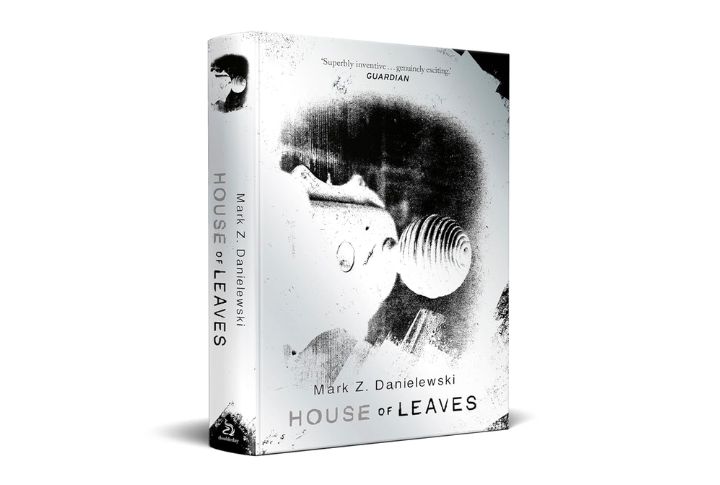
A hallway that shouldn’t exist. A documentary that may not be real. Footnotes that spiral. Danielewski’s novel doesn’t follow a plot so much as trap the reader inside it. What begins as analysis becomes obsession, and the house isn’t the only thing stretching beyond comprehension.
Blindness by José Saramago
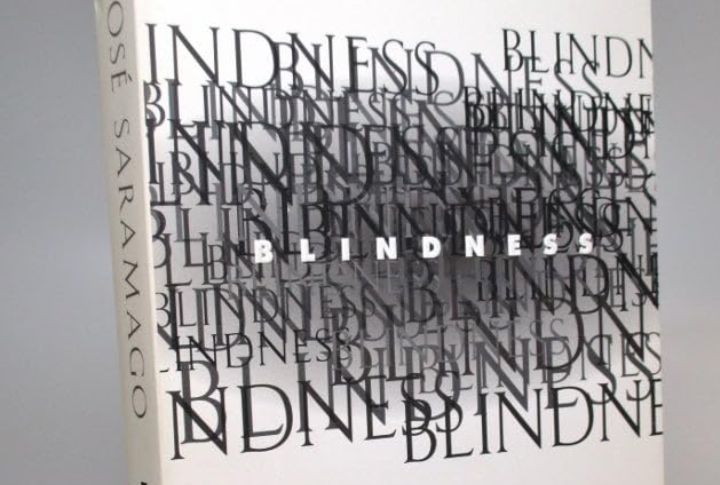
One by one, people lose their sight. Institutions fail almost immediately. What follows isn’t chaos—it’s intimate and brutal degradation. Saramago’s refusal to name his characters mirrors how identity erodes under crisis. Still, flickers of tenderness persist, even in the stink and squalor of collapse.
Fahrenheit 451 by Ray Bradbury
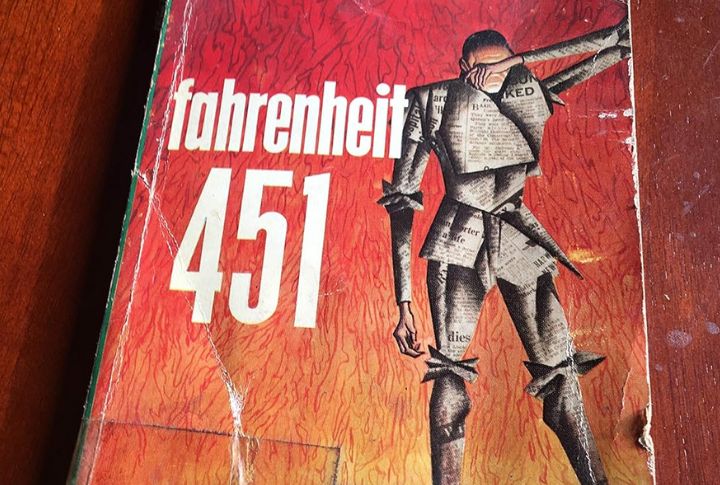
Censorship here isn’t enforced through fear—it’s sold as happiness. Montag’s shift from arsonist to seeker feels intimate and inevitable. Bradbury wasn’t predicting firemen with flamethrowers; he was warning about distractions that erode depth. What survives isn’t the book, but the hunger for one.
The Man in the High Castle by Philip K. Dick
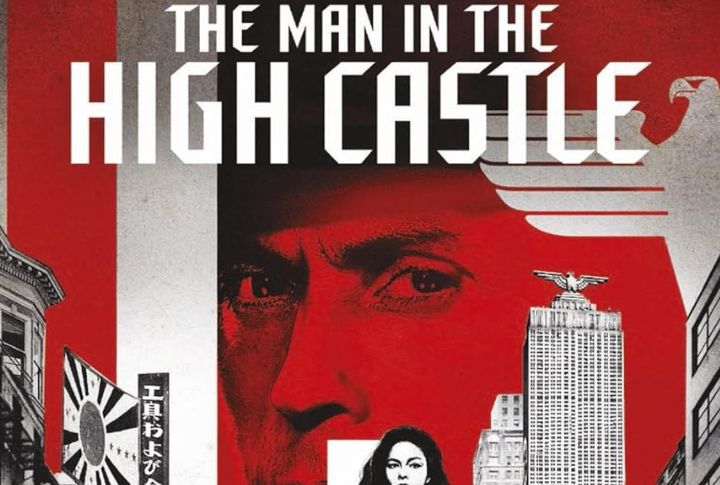
Nazis control the East Coast and Japan owns the West. This novel suggests a different history—one where the Axis won. Dick’s slippery reality folds layers of fiction and fatalism. In his world, certainty is propaganda and reality is negotiated with belief.
The New York Trilogy by Paul Auster
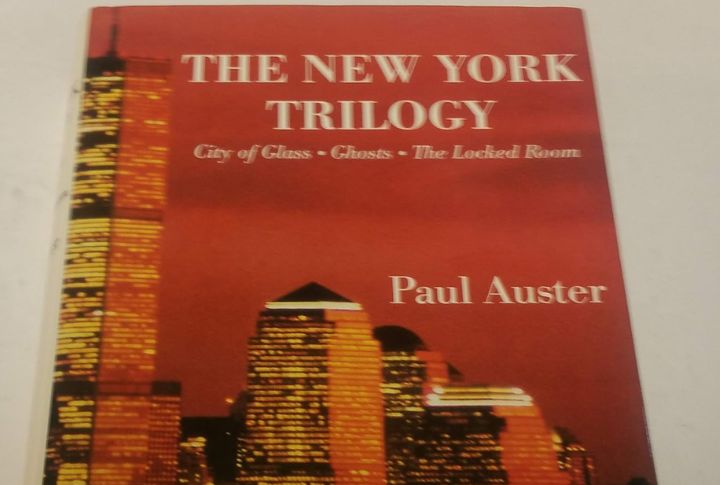
Identity melts. Names swap. Plots loop. These are detective stories only on the surface. Beneath, Auster sketches how stories consume those who tell them. Every step toward a solution erases the one asking the question. It’s noir turned inward—obsessive and recursive.
The Sea, The Sea by Iris Murdoch
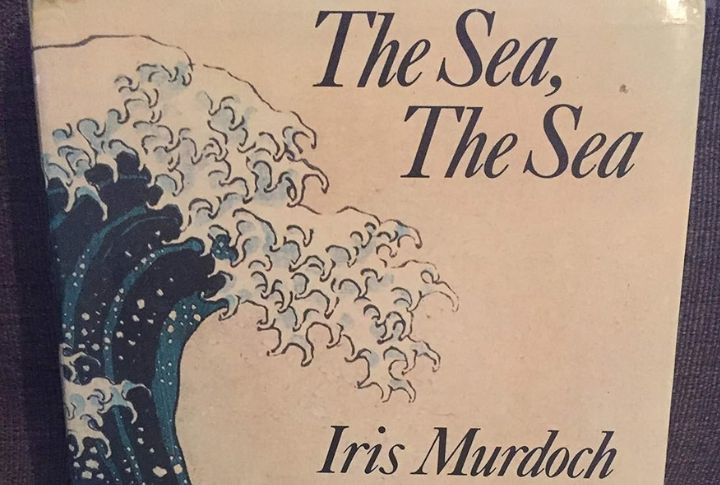
Charles flees to a seaside cottage seeking solitude and self-discovery—but what he finds is a hall of mirrors. When a former love reappears, the tide of obsession pulls him under. Murdoch masterfully dissects ego and illusion in this haunting meditation on desire and self-deception.

